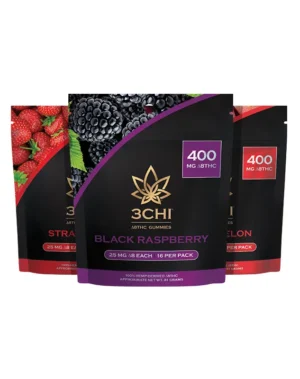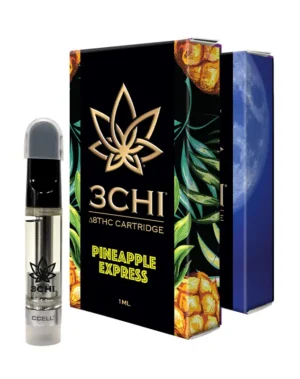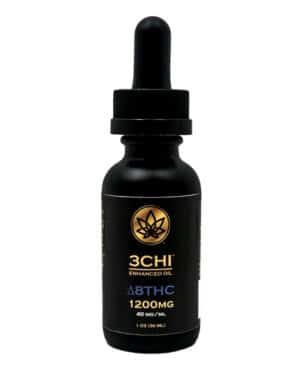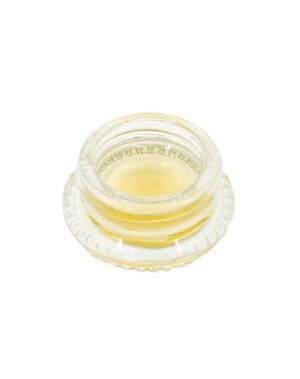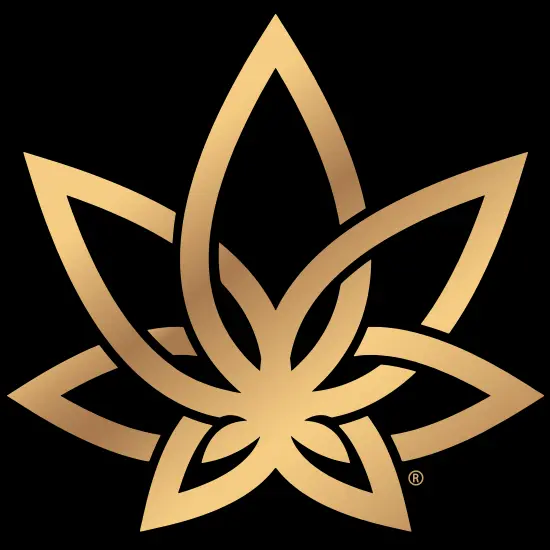Is Delta 8 THC legal in Nebraska?
YES
Delta 8 THC is likely legal according to Nebraska state law.
Like federal law, Nebraska specifically states in the LEGISLATIVE BILL 657 – Nebraska Hemp Farming Act that “all derivatives, extracts, cannabinoids, isomers, acids, salts, and salts of isomers” from hemp are legal and “shall not be considered a controlled substance”, but the Chapter 28 Uniform Controlled Substances Act Section 28-405 schedules “tetrahydrocannabinols naturally contained in a plant of the genus Cannabis” a Schedule 1 drug. Due to these conflicting laws, we have concluded that Delta-8 THC is likely legal.
Read our legal disclaimer HERE. While we try to stay as up to date as possible on all state laws, you should do your own due diligence and work with a legal professional to ensure you are operating legally in your state or territory at all times.
sign up to sell 3chi delta 8 thc in your store
CLICK HERE
LEGISLATIVE BILL 657 - Nebraska Hemp Farming Act:
Chapter 2-503. Terms, defined.
(8) Federally defined THC level for hemp means a delta-9 tetrahydrocannabinol concentration of not more than 0.3 percent on a dry weight basis as defined in section 10113 of the Federal Agriculture Improvement Act of 2018, Public Law 115-334, as such section existed on January 1, 2019;
The Agricultural Marketing Act of 1946 (7 U.S.C. 1621 et seq. SEC. 10113. HEMP PRODUCTION.
Subtitle G. SEC. 297A. DEFINITIONS.
‘(1) HEMP.—The term ‘hemp’ means the plant Cannabis sativa L. and any part of that plant, including the seeds thereof and all derivatives, extracts, cannabinoids, isomers, acids, salts, and salts of isomers, whether growing or not, with a delta9 tetrahydrocannabinol concentration of not more than 0.3 percent on a dry weight basis.
Legal document found HERE
(11) Hemp means the plant Cannabis sativa L. and any part of such plant, including the viable seeds of such plant and all derivatives, extracts, cannabinoids, isomers, acids, salts, and salts of isomers, whether growing or not, with a delta-9 tetrahydrocannabinol concentration of not more than 0.3 percent on a dry weight basis. Hemp shall be considered an agricultural commodity. Notwithstanding any other provision of law, hemp shall not be considered a controlled substance under the Uniform Controlled Substances Act;
(21) THC means tetrahydrocannabinol.
Legal document found HERE
Chapter 28 Uniform Controlled Substances Act
28-401. Terms, defined.
(13) Hemp has the same meaning as in section 2-503;
(14)(a) Marijuana means all parts of the plant of the genus cannabis, whether growing or not, the seeds thereof, and every compound, manufacture, salt, derivative, mixture, or preparation of such plant or its seeds.
(b) Marijuana does not include the mature stalks of such plant, hashish, tetrahydrocannabinols extracted or isolated from the plant, fiber produced from such stalks, oil or cake made from the seeds of such plant, any other compound, manufacture, salt, derivative, mixture, or preparation of such mature stalks, the sterilized seed of such plant which is incapable of germination, or cannabidiol contained in a drug product approved by the federal Food and Drug Administration or obtained pursuant to sections 28-463 to 28-468.
(c) Marijuana does not include hemp.
Legal document found HERE
Chapter 28-405. Controlled substances; schedules; enumerated. Schedule I
(c) Any material, compound, mixture, or preparation which contains any quantity of the following hallucinogenic substances, their salts, isomers, and salts of isomers, unless specifically excepted, whenever the existence of such salts, isomers, and salts of isomers is possible within the specific chemical designation, and, for purposes of this subdivision only, isomer shall include the optical, position, and geometric isomers:
(7) Marijuana;
(25) Any material, compound, mixture, or preparation containing any quantity of synthetically produced cannabinoids as listed in subdivisions (A) through (L) of this subdivision, including their salts, isomers, salts of isomers, and nitrogen, oxygen, or sulfur-heterocyclic analogs, unless specifically excepted elsewhere in this section. Since nomenclature of these synthetically produced cannabinoids is not internationally standardized and may continually evolve, these structures or compounds of these structures shall be included under this subdivision, regardless of their specific numerical designation of atomic positions covered, so long as it can be determined through a recognized method of scientific testing or analysis that the substance contains properties that fit within one or more of the following categories:
(A) Tetrahydrocannabinols: Meaning tetrahydrocannabinols naturally contained in a plant of the genus Cannabis (cannabis plant), as well as synthetic equivalents of the substances contained in the plant, or in the resinous extractives of cannabis, sp. and/or synthetic substances, derivatives, and their isomers with similar chemical structure and pharmacological activity such as the following: Delta 1 cis or trans tetrahydrocannabinol, and their optical isomers; Delta 6 cis or trans tetrahydrocannabinol, and their optical isomers; Delta 3,4 cis or trans tetrahydrocannabinol, and its optical isomers;
Legal document found HERE
Rated 4.93 out of 5
(3157)
$29.99
Rated 4.92 out of 5
(2265)
$29.99$19.99
Rated 4.79 out of 5
(187)
$29.99 $24.99
Rated 4.93 out of 5
(693)
From: $19.99
Rated 4.94 out of 5
(102)
From: $29.99
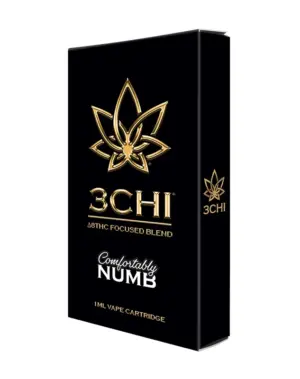 Comfortably Numb - Delta 8 THC:CBN Vape Cartridge
1 × $24.99
Comfortably Numb - Delta 8 THC:CBN Vape Cartridge
1 × $24.99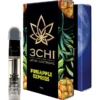 Delta 8 THC Vape Cartridge
Delta 8 THC Vape Cartridge
 Delta 8 Gummies
$29.99
Delta 8 Gummies
$29.99